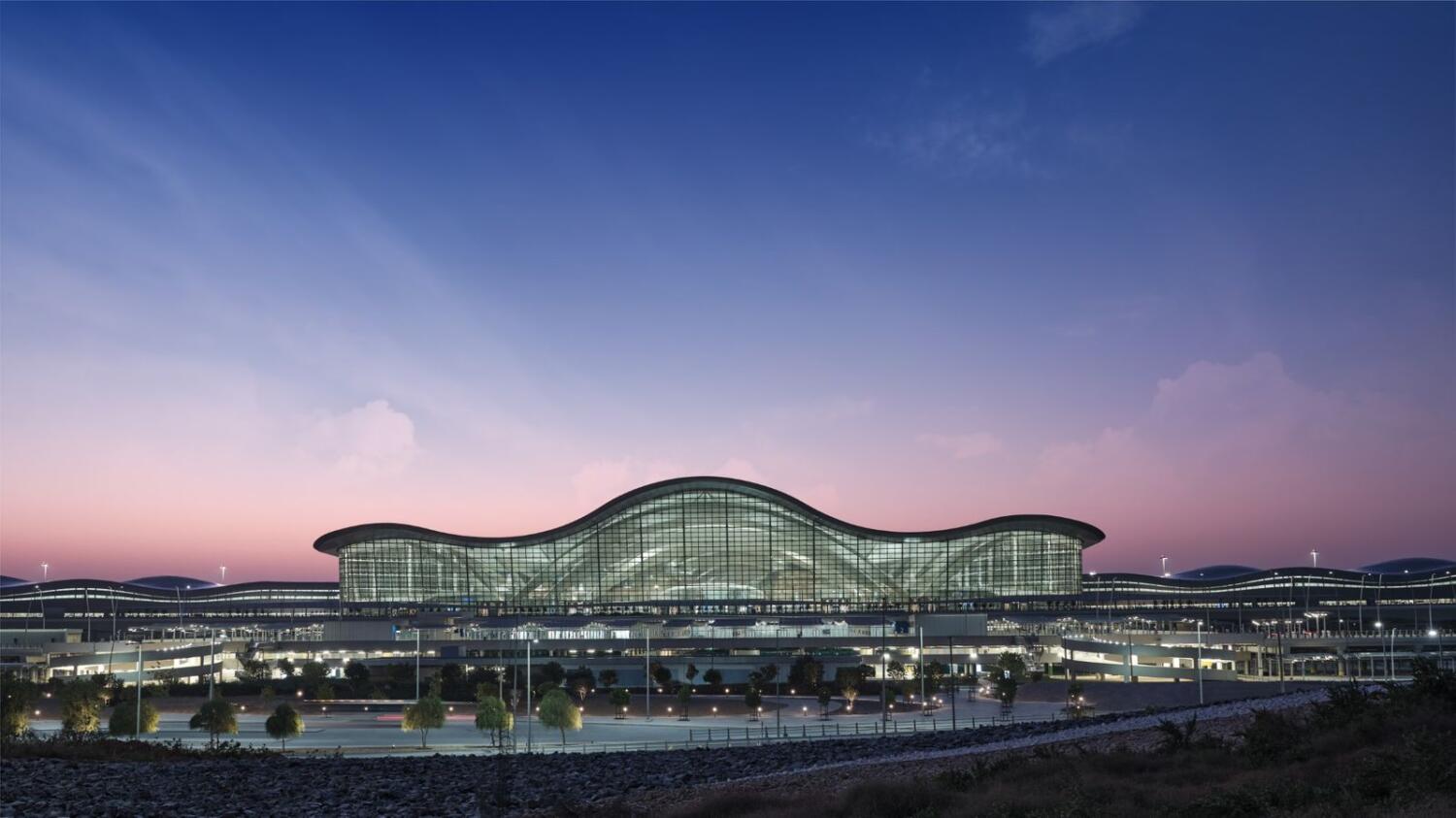Dubai’s aviation landscape is set for a transformative shift as all operations at Dubai International (DXB) will gradually transition to Al Maktoum International (AMI) over the next few years, announced in conjunction with the unveiling of a new Dh128-billion passenger terminal at AMI on Sunday. This ambitious project aims to enhance passenger capacity to 260 million annually and “fully absorb” DXB’s operations within a decade.
The announcement marks phase two of AMI’s expansion, with DXB continuing to serve as the primary hub to meet the needs of over 100 million guests during the transition period. Embracing this monumental change, Dubai-based Emirates Airline hailed AMI as its “future home,” underscoring the significance of the new development.
Once operational, AMI will surpass DXB in size, spanning 70 square kilometers and boasting five parallel runways and five passenger terminals with over 400 aircraft gates. This expansion aligns with Dubai’s vision of becoming a global aviation hub, with initial forecasts suggesting DXB’s traffic will exceed 88.8 million passengers in 2024.
Sheikh Mohammed bin Rashid, Vice-President and Prime Minister of UAE and Ruler of Dubai, emphasized the adoption of new aviation technologies and the strategic integration of AMI into Dubai South, which will host leading companies in logistics and air transport sectors, transforming Dubai into a global aviation center.
The first phase of the project is slated for completion within 10 years, accommodating 150 million passengers annually and laying the groundwork for future growth in Dubai’s aviation sector over the next four decades.
Sheikh Ahmed bin Saeed, Chairman of Dubai Aviation City Corporation, highlighted AMI’s state-of-the-art infrastructure, including independent operation terminals, satellite concourses, and integrated transport hubs, positioning it as a pivotal player in Dubai’s aviation future.
Furthermore, the economic benefits of this development are significant, with AMI expected to generate employment opportunities and residential demand for over a million people in Dubai South. Additionally, AMI’s operations will contribute to mitigating environmental emissions, aligning with Dubai’s commitment to sustainable development.
AMI’s evolution from its inception in 2010 for cargo operations to its anticipated role as a global aviation hub underscores Dubai’s unwavering commitment to innovation and progress in the aviation sector.




